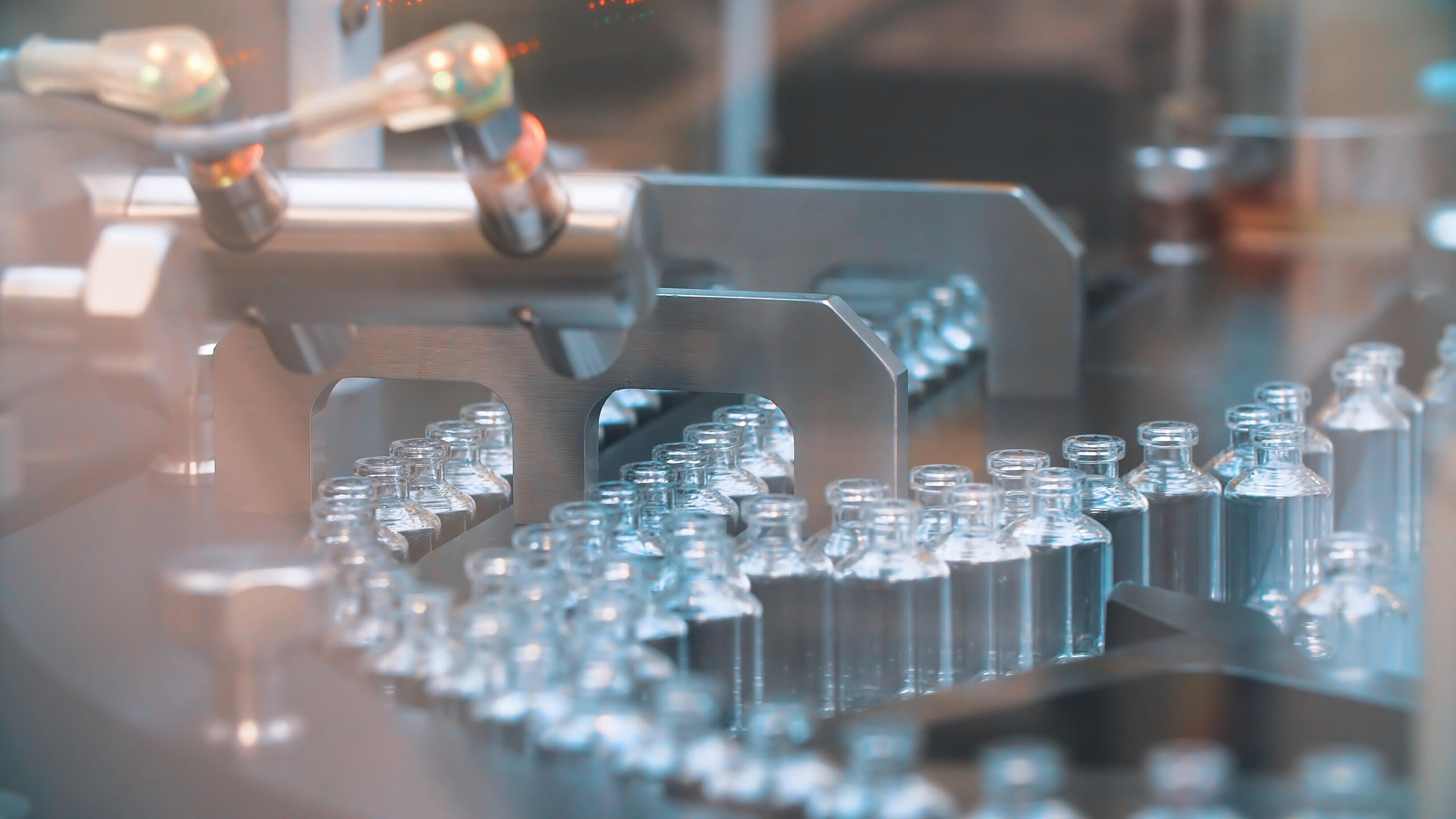AstraZeneca Buys Icosavax for $838 Million to Boost Vaccine R&D and Compete in RSV Market
December 12, 2023

AstraZeneca is acquiring Icosavax for $838 million upfront, aiming to strengthen its vaccine research and development. This strategic move positions AstraZeneca to compete with Pfizer and GSK in the respiratory syncytial virus (RSV) vaccine market. AstraZeneca already has RSV antibodies in its portfolio, Synagis and Beyfortus, through partnerships with Sanofi and Sobi. The acquisition gives AstraZeneca access to Icosavax’s advanced bivalent vaccine candidate, IVX-A12, targeting both RSV and human metapneumovirus (hMPV).
IVX-A12, poised for Phase III trials, is touted for eliciting a robust immune response with fewer side effects than current RSV vaccines. AstraZeneca plans to initiate the Phase III trial as soon as possible. The deal initially described as $0.8 billion, is clarified by Icosavax as $838 million in equity value.
Icosavax, based in Seattle, has released promising Phase II data for IVX-A12, showing effective immune responses in adults over 60, a demographic without current treatments for RSV and hMPV. The RSV vaccine market is projected to reach $10 billion by 2030. AstraZeneca’s Iskra Reic, EVP of Vaccines & Immune Therapies, highlighted the potential for Icosavax’s technology to create combination vaccines against respiratory viruses.
The acquisition ensures the continuity of Icosavax’s Seattle operations and retention of its approximately 70 employees. Shareholders may receive additional payments, potentially raising the deal’s value to $1.1 billion, contingent on achieving regulatory and sales milestones. AstraZeneca also acquires Icosavax’s cash and securities, worth $229 million.
Icosavax, from Neil King’s research at the University of Washington, initially focused on COVID-19 vaccine candidates. Despite setbacks in COVID-19 efforts, the company maintained confidence in its underlying technology. AstraZeneca’s offer represents a significant premium over Icosavax’s current share price, though it is lower than its peak during the pandemic.
To read more, click here.
[Source: Endpoints, December 12th, 2023]






